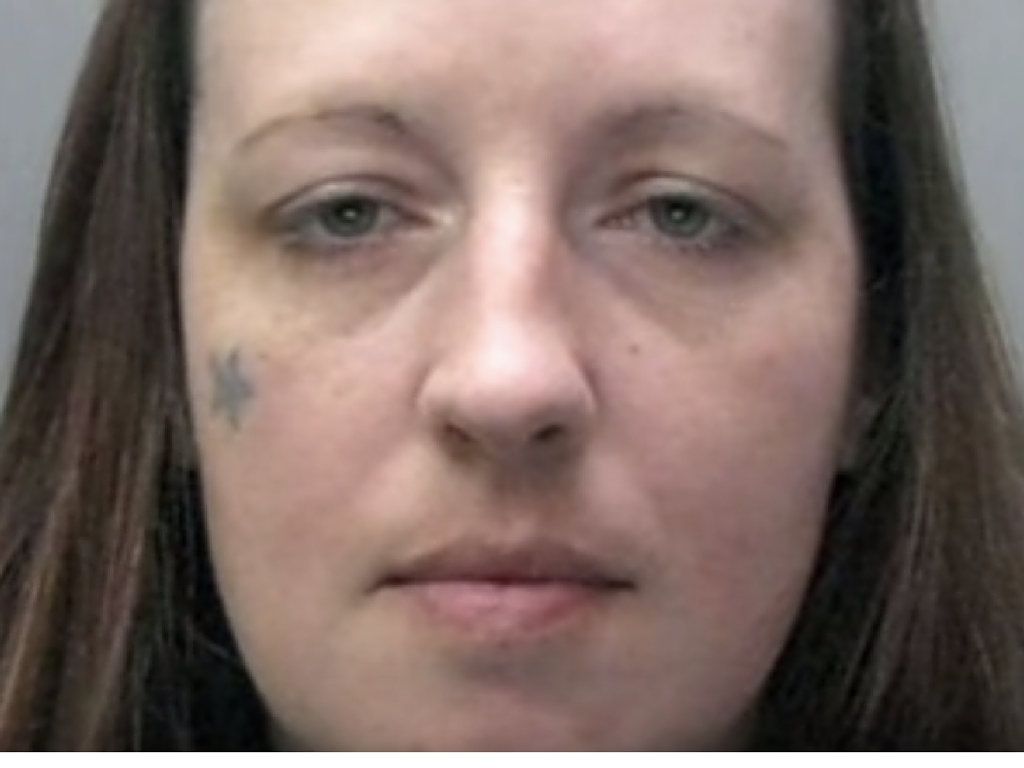Last week convicted serial killer Joanna Dennehy was back in court and in the media spotlight.
The UK High Court has ruled that a two-year period of her segregation from other prisoners was unlawful because it did not comply with the Prison Rules but it did not otherwise breach Joanna’s human rights. What were the issues?
Who is Joanna Dennehy?

Joanna Dennehy was sentenced to life imprisonment in 2013 when she pleaded guilty to the murder of three men, the attempted murder of two other men, and preventing the lawful burial of her first three victims. Joanna is one of only two women in the UK currently subject to a “whole life order”, meaning that she will never have the option of parole.
She has been diagnosed with serious mental health problems, including a psychopathic disorder.
Why was she segregated?

Prison staff discovered a “credible” escape plan in Joanna’s diary, which involved cutting off the finger of a member of staff and using it to pass through biometric security doors.
Under the Prison Rules, a prisoner can be denied contact with other prisoners where it is considered necessary in order to maintain order. Joanna was segregated on 19 September 2013. Her segregation has since then been authorised by a Segregation Review Board at least every two weeks.
Joanna claimed that the decision to segregate her was unlawful, and breached her rights under Articles 3, 8 and 14 of the European Convention of Human Rights (ECHR), which take effect in UK law under the Human Rights Act 1998 (HRA).
What did the Judge decide?
Last Thursday, Mr Justice Singh emphasised that everyone is entitled to have their human rights protected – “even someone who has committed the most serious crimes. This is because ours is a society governed by the rule of law.” He considered the following questions:
Was Joanna’s segregation lawfully authorised?

Both the Secretary of State for Justice and prison service (the Defendants in the case) admitted that Joanna’s segregation was unlawful between September 2013 and September 2015 because it had not complied with the Prison Rules. These required the segregation of a prisoner for over 72 hours to be authorised by the Secretary of State for Justice.
Had her segregation breached Article 3?

Article 3 of the ECHR protects UK citizens against torture, and degrading and inhuman treatment. Joanna argued that her segregation amounted to inhuman or degrading treatment.
Whether treatment reaches this threshold depends on the circumstances of each case. The judge found there had been no violation of Joanna’s Article 3 rights. His decision was based on the following factors:
- Joanna’s segregation was not intended to humiliate her or break her resistance or will.
- Her segregation was not arbitrary. She posed an exceptionally high risk to others, and her segregation was imposed to protect them.
- Her segregation did not amount to total solitary confinement. She was allowed to communicate with some people, she had worked as an orderly, and had access to a library and gym.
- Her mental health was monitored closely by professionals.
Had her segregation breached Article 8?

Article 8 protects every person’s right to respect for their private and family life. That right can be restricted when that is in accordance with the law, is necessary and pursues a “legitimate aim”.
The judge found that there had been a breach of Joanna’s Article 8 rights for the period when the authorities had not lawfully authorised her segregation. This was because the right can only be restricted by law. However, as soon as the authorities complied with the Prison Rules, this right was not violated.
The segregation itself was found not to violate Article 8 namely for the same reasons that there had been no breach of Joanna’s Article 3 rights.
How about Article 14?

Joanna also claimed that her Article 14 right to enjoy her ECHR rights free from discrimination had been breached. She argued that her situation should have been handled differently on account of her disability, namely her mental illness.
The judge found that her mental health problems had been taken into account throughout her segregation – she was visited regularly by psychologists, and various alternative solutions to segregation were considered.
Her Article 14 right had not been breached.
Was compensation available?

The judge found that it was not necessary to award Joanna compensation. The court’s declaration that her segregation was not lawfully authorised was sufficient.
- This is a summary of a human rights case. You can read the original judgment here.
- You can find out more about prisoners’ rights to have communications with their lawyers kept confidential here.
- For more information on your rights, check out our infographics on Article 3, Article 8 and Article 14.







